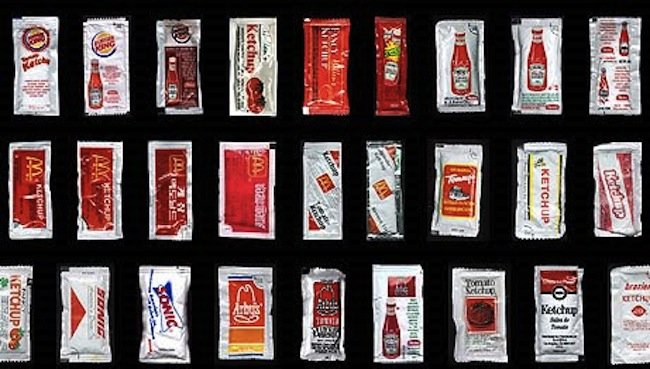The poet felt injustice in calling it Fancy Ketchup. The priest said the most grievous sins can be forgiven.
*
The priest wondered if anyone changed. The poet said he’d seen it often, depending on who was paying.
*
The poet would punish evil by making them hated by all. The priest would in having them loved by all.
